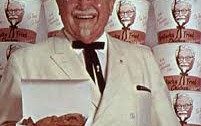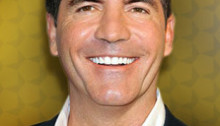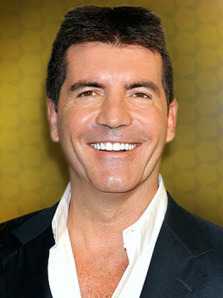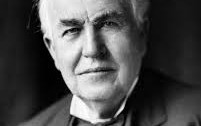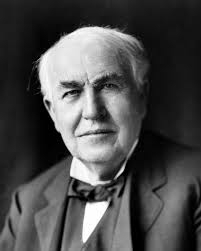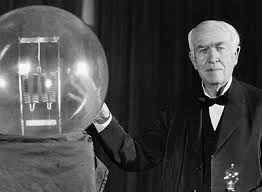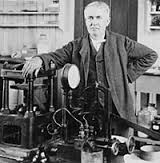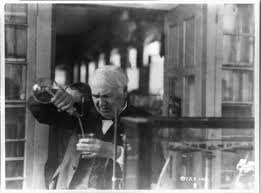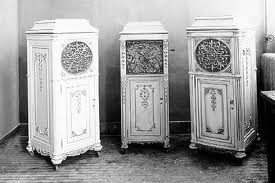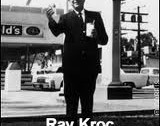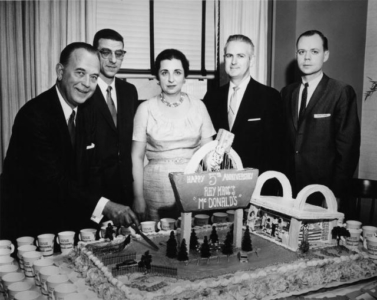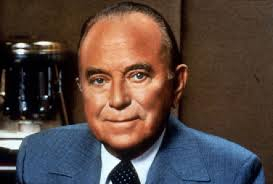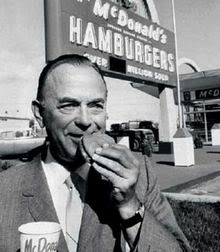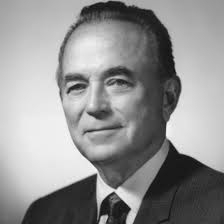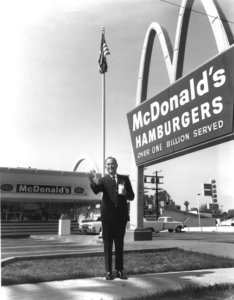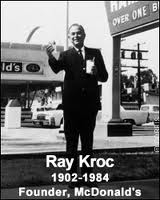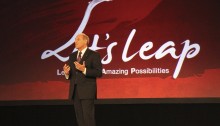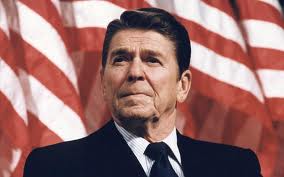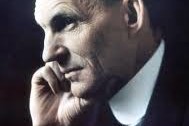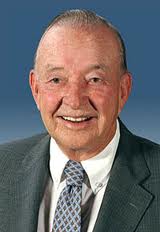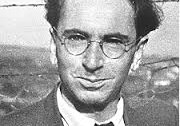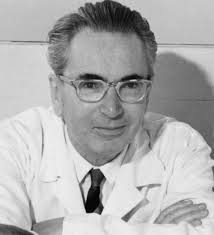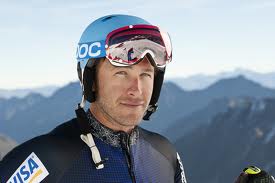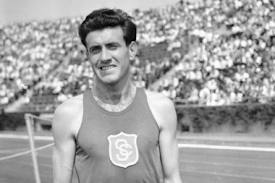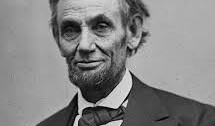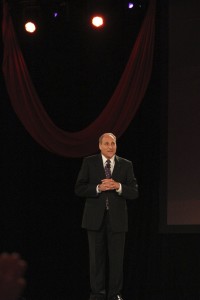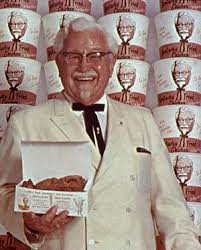
At 65, all Colonel Harland Sanders had was his old Caddie roadster luggage trailer, his small pension check, and a recipe for chicken. Little did he know that all of these were enough to change his life and become part of almost every family in the world. Colonel Sanders was indeed a Master of Adversity.
Before he became an icon printed in buckets and KFC fast-food chains from all corners of the globe, he was first a baby-sitter to his siblings. His father died when he was six, obliging his mother to take a full-time job in order to support the family. And because young Sanders was left to look after his siblings and cook for them, he learned to make many different dishes at a very young age. It was during this time that he discovered his passion for simple yet delicious recipes. However, challenging life circumstances did not allow Sanders to pursue his calling until much later.
A sixth-grade dropout, Sanders jumped from one job to another for 30 years; from a farmworker, to an army mascot, an engine fireman, a railroad operative, an insurance seller, a steamboat pilot, a tire salesman, an amateur obstetrician, a country lawyer, a defeated political candidate and finally, to a gas station operator. He often teased by his own brother: “no good fellow… who can’t hold a job.” But although he failed to consistently pursue all of these professions, his passion for cooking never wavered.
When Sanders opened up a service station, he began to cook for travelers who stopped by for gas refills. He didn’t own a restaurant, so customers only ate on the dining table he set up in the station. He then started selling meals to families. It was through this small business that he formulated and completed his famous recipe for fried chicken. Sanders slowly made a name for himself, and Governor Ruby Laffoon even made him a Kentucky Colonel to recognize all of his contributions to the state’s cuisine. He had a short taste of success, but his business was closed down when a highway was built on his restaurant’s location. He retired and received his pension amounting to $105. This marked the beginning of his new life.
Proving that it’s never too late to reach one’s dreams, Sanders travelled everywhere with his trailer in hopes of getting his chicken recipe sold. Many restaurant owners turned him down yet he remained undeterred. He received several positive responses after his long search, not only because of his delicious chicken, but because of his interminable spirit.
Earlier in his life Sanders was involved in several failed business ventures and got fired from numerous jobs. When he finally made up his mind and decided to invest in his trusted chicken recipe, he refused to give up, even in spite of repeated rejection. He knew that if he kept on seeking, and knocking on doors, someone would eventually say yes. He once said, “I made a resolve then that I was going to amount to something if I could. And no hours, no amount of labor, no amount of money would deter me from giving the best that there was in me. And I have done that ever since, and I win by it.”
Sander’s business voyage is the same as with many other businessmen who have bounced from one business concept to another before reaching that one winning idea. The key ingredients have always been to never give up, to believe in one’s self, and to always trust the success waiting to be achieved as one reaches his full potential.
Sources:
http://www.logomaker.com/blog/2012/10/08/9-quotes-small-business-colonel-sanders/
http://colonelsanders.com/bio.asp.
http://www.linkedin.com/groups/Never-Give-Up-Story-KFC-105450.S.102204912.

